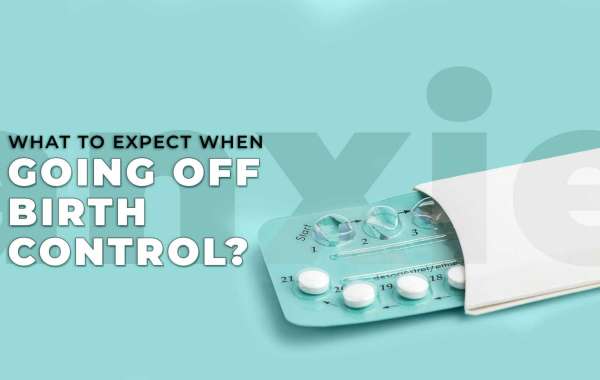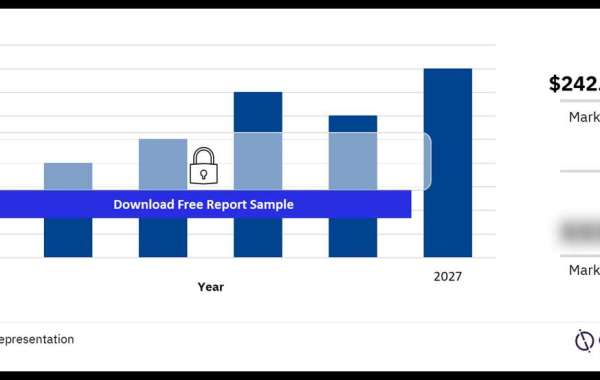When you started taking birth control pills, it's likely you experienced changes such as nausea or tender breasts. Similarly, it's normal to feel different again upon discontinuing them. Hormonal birth control, whether in the form of pills, patches, vaginal rings, hormonal IUDs, injections, or implanted rods, can all impact your feelings.
What is Hormonal Birth Control?
Hormonal birth control refers to contraceptives that utilize synthetic hormones to prevent pregnancy. These methods differ from other forms of birth control, such as condoms and spermicide.
Mechanism of Action:
- Combined oral contraceptive pills (COC): These pills contain a combination of synthetic progestins and estrogens, which work on the brain to inhibit the release of hormones responsible for ovulation (LH and FSH) and also increase the thickness of cervical mucus, making it difficult for sperm to pass through and preventing thickening of the uterine lining.
- Minipill (Progestin-only pill): The progestin in this pill may not prevent ovulation for all users, but it still blocks conception by increasing the thickness of cervical mucus and preventing the thickening of the uterine lining.
- Ring and Patch Operate: The ring and patch function similarly to the combined oral contraceptive pills. The main difference is how the hormones are introduced into the body and the frequency at which they must be taken. These methods, through the use of progestins and estrogens, target the brain to stop the release of LH and FSH hormones responsible for ovulation and thicken the cervical mucus to obstruct the passage of sperm, as well as prevent the thickening of the uterine lining.
- Implant and Injectable: Both the implant and injectable work in a similar manner to the ring and patch, even though they don't have estrogens, preventing ovulation, thickening the cervical mucus, and inhibiting the thickening of the uterine lining.
- Hormonal IUD Mechanism: Hormonal IUDs primarily thicken the cervical mucus making it almost impossible for sperm to pass through and, to a lesser extent, prevent the thickening of the uterine lining. The effectiveness of hormonal IUDs in blocking ovulation depends on the hormone dose, but overall, it occurs in only a limited number of cases."
What to Expect When Getting Off Birth Control?
Every person is different, and some of the changes you experience may depend on your previous symptoms before starting birth control. However, some common changes include the following:
- Pregnancy - You may become pregnant, which could happen sooner than expected. Research shows that pregnancy rates are similar to those of women who used barrier methods, with up to 96% of former pill users becoming pregnant within a year and over half getting pregnant within 6 months. In case of unwanted pregnancy, there are several medications like the MTPkit for successful termination.
- Irregular Cycles - Your menstrual cycles may become irregular, even if they were regular, before starting birth control. If you had irregular periods, they might become irregular again after discontinuing the pill.
- Heavier and More Painful Periods - If you had heavy bleeding and pain before starting birth control, it is likely that you will experience the same after discontinuing it.
- Return of PMS Symptoms - The pill, especially certain formulas, helps balance hormones that can cause mood swings. Without this balance, you may start experiencing mood swings again.
- Ovulation Symptoms - Most hormonal birth control methods prevent ovulation, so you may feel mild cramping on one side of your pelvis and increased vaginal discharge once your body starts ovulating again.
- Weight Changes - Women who used progestin-only birth control methods may lose weight after discontinuing it, but a healthier diet and exercise are more effective for weight loss.
- Return of Acne and Unwanted Hair - The pill can correct hormone imbalances that cause acne and unwanted hair growth, but these issues may return after discontinuation.
- Increased Sex Drive - A small number of women experience a decreased sex drive while on birth control, but about 15% may feel more sexually active after discontinuing hormonal birth control.
- Reduced Headaches - If birth control caused headaches, they may subside after discontinuing it.
- Cancer Protection - Long-term use of birth control can lower the risk of ovarian and endometrial cancer, and the benefits continue after discontinuing it. The same is true for some noncancerous breast problems, such as fibrocystic breast disease, and for fibroids.
Side Effects of Getting Off Birth Control
The effects of discontinuing birth control can vary depending on whether you stop hormonal or non-hormonal methods. Hormonal birth control withdrawal can result in the return of premenstrual symptoms such as cramps and acne as it removes external sources of estrogen and progesterone from the body. On the other hand, stopping non-hormonal methods like copper IUDs may have fewer side effects as the body does not have to adjust to changes in hormones. However, the removal of an IUD can cause immediate effects such as bleeding and cramping. Additionally, getting off birth control can lead to
- heavier periods,
- irregular bleeding,
- hormonal acne,
- changes in mood or libido, and
- an increased risk of pregnancy.
When to See a Doctor
It is advised to keep track of your menstrual cycle after discontinuing birth control for a few months to ensure its regularity. If you haven't had a period in two to three months, or if you're experiencing irregular cycles, heavy flow, bleeding between periods, or severe pain, it is recommended to consult your doctor. If you are trying to get pregnant and have a history of irregular periods, endometriosis, pelvic inflammatory disease, prior ovarian or uterine surgery, or if your partner has a history of low sperm count, it may be advisable to seek advice from an OB-GYN or a fertility specialist. In such cases, it is recommended to see your doctor immediately after discontinuing birth control to start the pre-conception process.








